Concierge medicine, characterized by its personalized approach and enhanced doctor-patient relationships, is increasingly becoming a favored healthcare model. Its focus on comprehensive patient care makes it ideal for addressing complex health issues, including the increasingly prevalent sleep disorders. Recent data shows that about 70 million Americans suffer from sleep disorders, highlighting the need for effective detection and management strategies within healthcare practices.
The Role of Concierge Physicians in Sleep Health
Concierge physicians, with their unique patient-centered approach, are perfectly positioned to identify and address sleep disorders. Extended consultations allow for a deeper understanding of patients' lifestyles and health concerns, which is crucial in detecting subtle signs of sleep disorders.
In addition to the benefits of extended consultations, concierge physicians often have more flexibility and resources to stay updated with the latest advancements in sleep medicine. This continuous education enables them to apply the most current, evidence-based practices in their approach to sleep health. Furthermore, the closer, more consistent relationship they maintain with their patients fosters an environment of trust and open communication.
Patients are more likely to discuss sensitive issues like sleep disturbances in such settings. This holistic and continuous care model is essential not just for the detection but also for the effective long-term management of sleep disorders, ensuring patients receive the most comprehensive care tailored to their individual needs.
Understanding Sleep Disorders

Sleep disorders, ranging from insomnia to sleep apnea and restless legs syndrome, significantly impact health and quality of life. Untreated, these disorders can lead to serious health risks, including cardiovascular disease and mental health issues.
Top 5 Most Commonly Diagnosed Sleep Disorders in the U.S.
- Insomnia
- Sleep Apnea
- Restless Legs Syndrome
- Narcolepsy
- Circadian Rhythm Sleep Disorders
Screening for Sleep Disorders in Concierge Medicine
Routine screening is vital in concierge practices. Tools like the Epworth Sleepiness Scale and the STOP-BANG questionnaire, along with advanced methods like wearable tech and sleep studies, play a pivotal role in identifying sleep disorders.
Developing a Sleep Health Strategy
Customized sleep health plans in concierge medicine involve a mix of lifestyle changes, treatments, and regular follow-ups.
Overcoming Challenges in Sleep Disorder Management
Challenges like patient non-compliance and lack of awareness are common. Educating patients about the significance of sleep health and establishing easy-to-follow sleep hygiene practices are crucial steps in overcoming these barriers.
Moreover, leveraging technology can be a powerful tool in overcoming these challenges. By integrating digital health platforms and management with medical-grade devices, concierge physicians can provide patients with real-time data about their sleep patterns. This approach not only aids in educating patients about their sleep health but also encourages active participation in their own care. It transforms abstract concepts of "better sleep" into tangible goals, backed by data that patients can see and understand.
Additionally, regular follow-up appointments and personalized communications, such as newsletters or webinars on sleep health, can reinforce the importance of sleep and keep patients engaged and compliant with their treatment plans. This comprehensive approach ensures that patients are not only informed but also motivated to take charge of their sleep health, leading to better outcomes in managing sleep disorders.
Future of Sleep Health in Concierge Medicine

Emerging trends like AI in sleep analysis and telemedicine are shaping the future of sleep health in concierge medicine. These technologies offer the potential for even more personalized care and improved patient outcomes.
The role of concierge physicians in detecting and managing sleep disorders is vital. As sleep health becomes an increasingly significant aspect of overall health, continued education and proactive screening approaches in concierge medicine are more important than ever.
Sources
- Worley SL. The Extraordinary Importance of Sleep: The Detrimental Effects of Inadequate Sleep on Health and Public Safety Drive an Explosion of Sleep Research. P T. 2018 Dec;43(12):758-763. PMID: 30559589; PMCID: PMC6281147.
- Shelgikar AV, Durmer JS, Joynt KE, Olson EJ, Riney H, Valentine P. Multidisciplinary sleep centers: strategies to improve care of sleep disorders patients. J Clin Sleep Med. 2014 Jun 15;10(6):693-7. doi: 10.5664/jcsm.3808. PMID: 24932153; PMCID: PMC4031414.
- Johnson SS, Castle PH, Van Marter D, Roc A, Neubauer D. The effect of physician continuing medical education on patient-reported outcomes for identifying and optimally managing obstructive sleep apnea. J Clin Sleep Med. 2015 Mar 15;11(3):197-204. doi: 10.5664/jcsm.4524. PMID: 25845903; PMCID: PMC4346639.
- Institute of Medicine (US) Committee on Sleep Medicine and Research; Colten HR, Altevogt BM, editors. Sleep Disorders and Sleep Deprivation: An Unmet Public Health Problem. Washington (DC): National Academies Press (US); 2006. 3, Extent and Health Consequences of Chronic Sleep Loss and Sleep Disorders.
- Silva GE, Vana KD, Goodwin JL, Sherrill DL, Quan SF. Identification of patients with sleep disordered breathing: comparing the four-variable screening tool, STOP, STOP-Bang, and Epworth Sleepiness Scales. J Clin Sleep Med. 2011 Oct 15;7(5):467-72. doi: 10.5664/JCSM.1308. PMID: 22003341; PMCID: PMC3190845.
- Robbins R, Weaver MD, Quan SF, Sullivan JP, Qadri S, Glasner L, Cohen-Zion M, Czeisler CA, Barger LK. Evaluating the impact of a sleep health education and a personalised smartphone application on sleep, productivity and healthcare utilisation among employees: results of a randomised clinical trial. BMJ Open. 2022 Sep 14;12(9):e062121. doi: 10.1136/bmjopen-2022-062121. PMID: 36104122; PMCID: PMC9476153.
- Penzel T, Glos M, Fietze I. New Trends and New Technologies in Sleep Medicine: Expanding Accessibility. Sleep Med Clin. 2021 Sep;16(3):475-483. doi: 10.1016/j.jsmc.2021.05.010. PMID: 34325824.




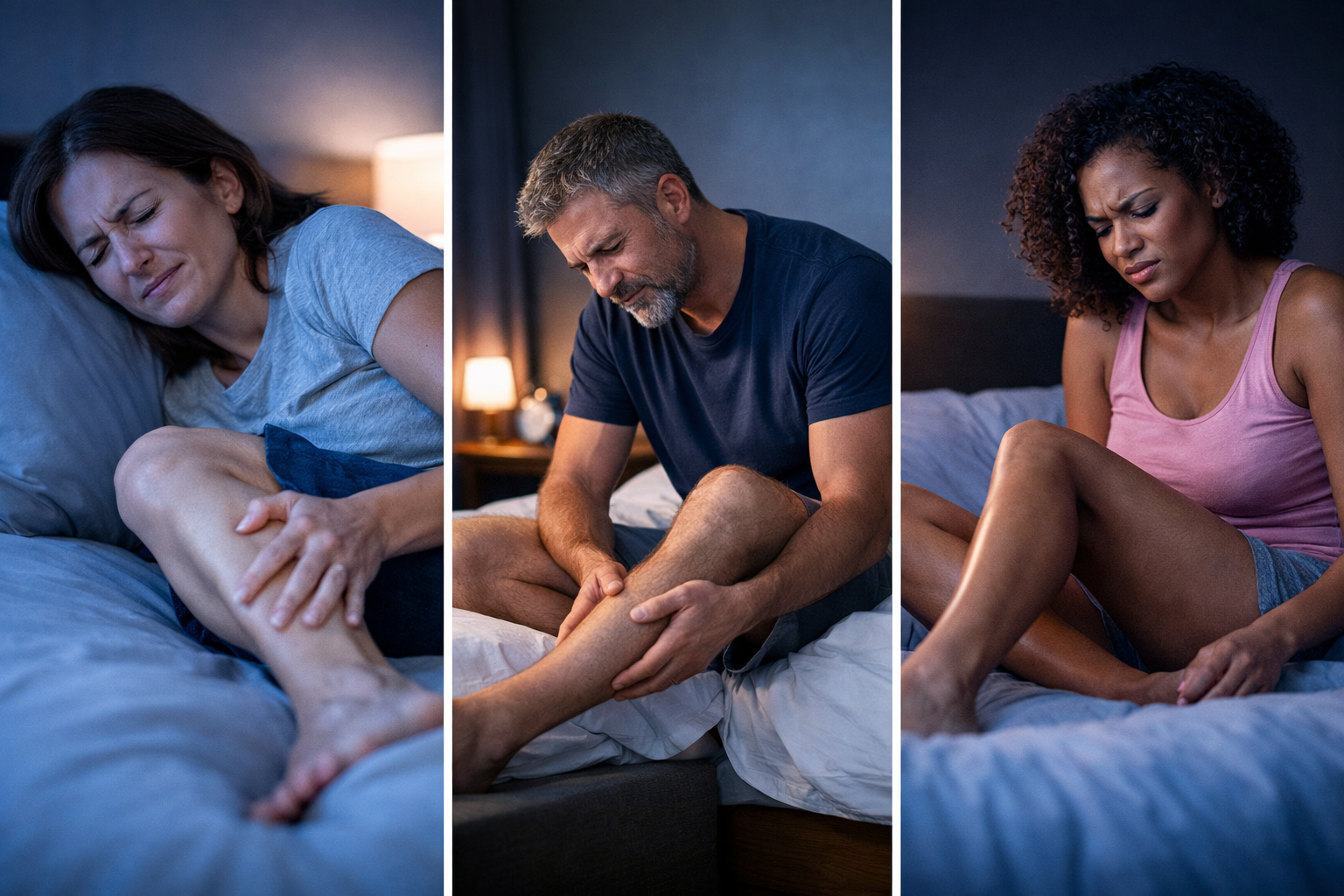



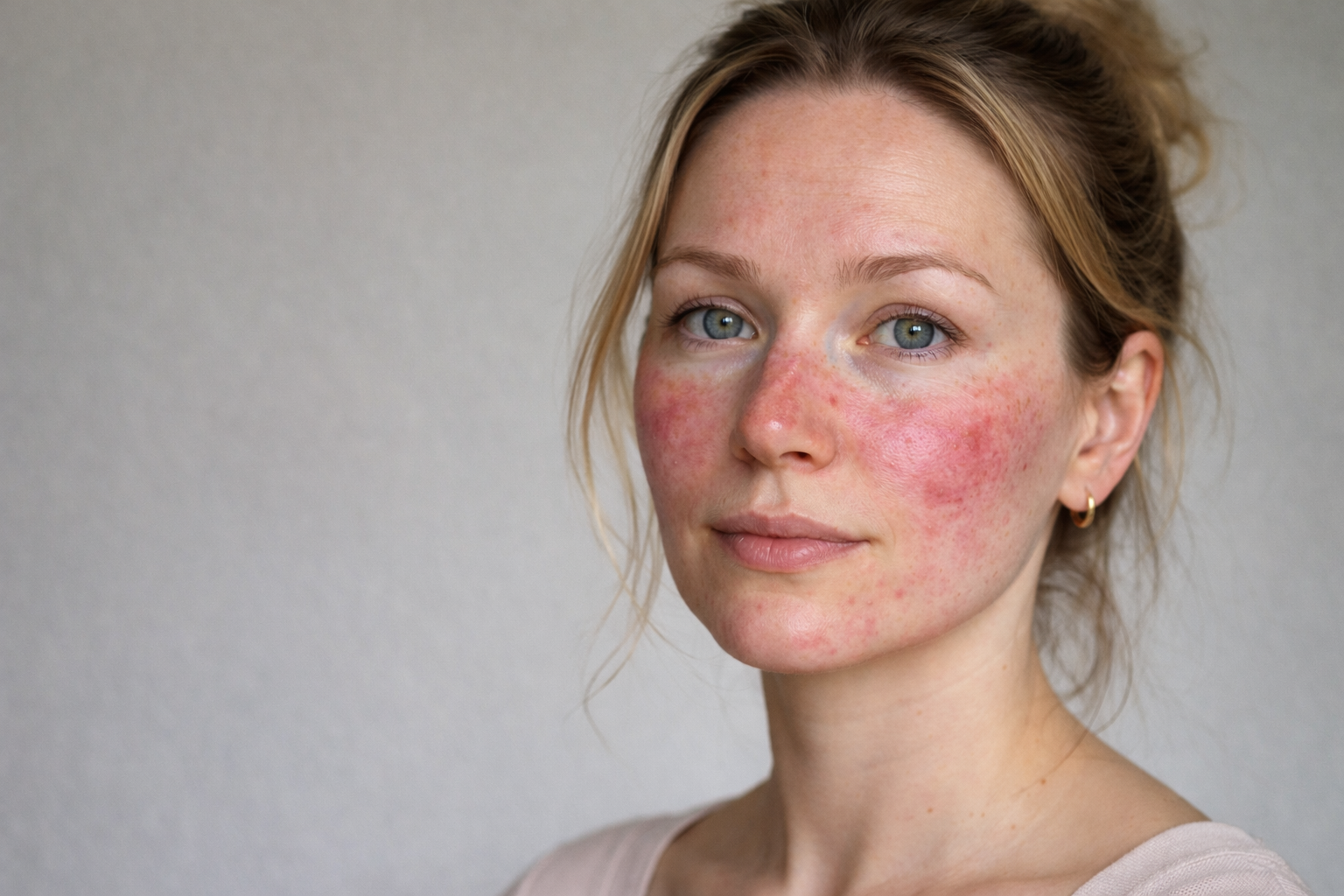


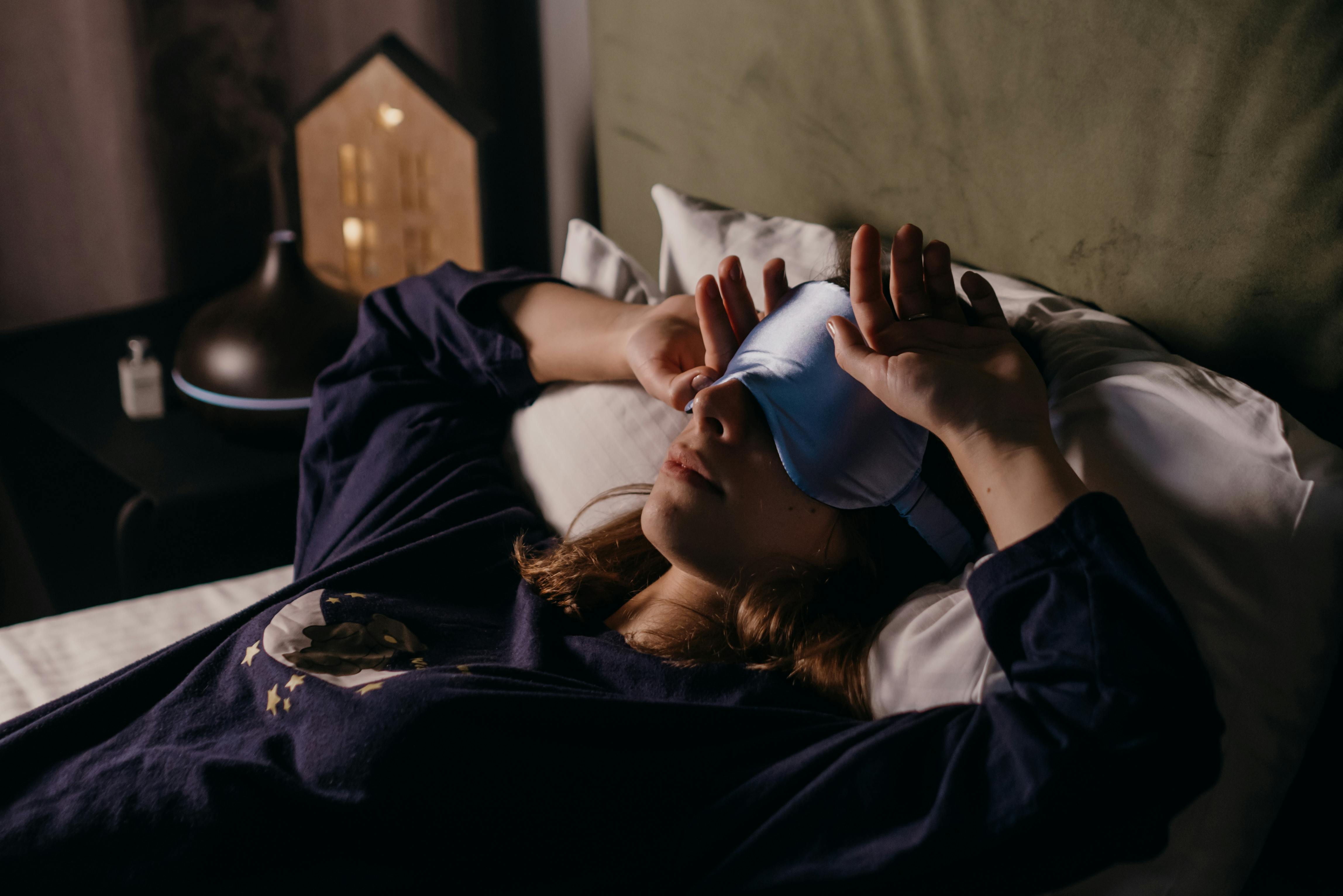




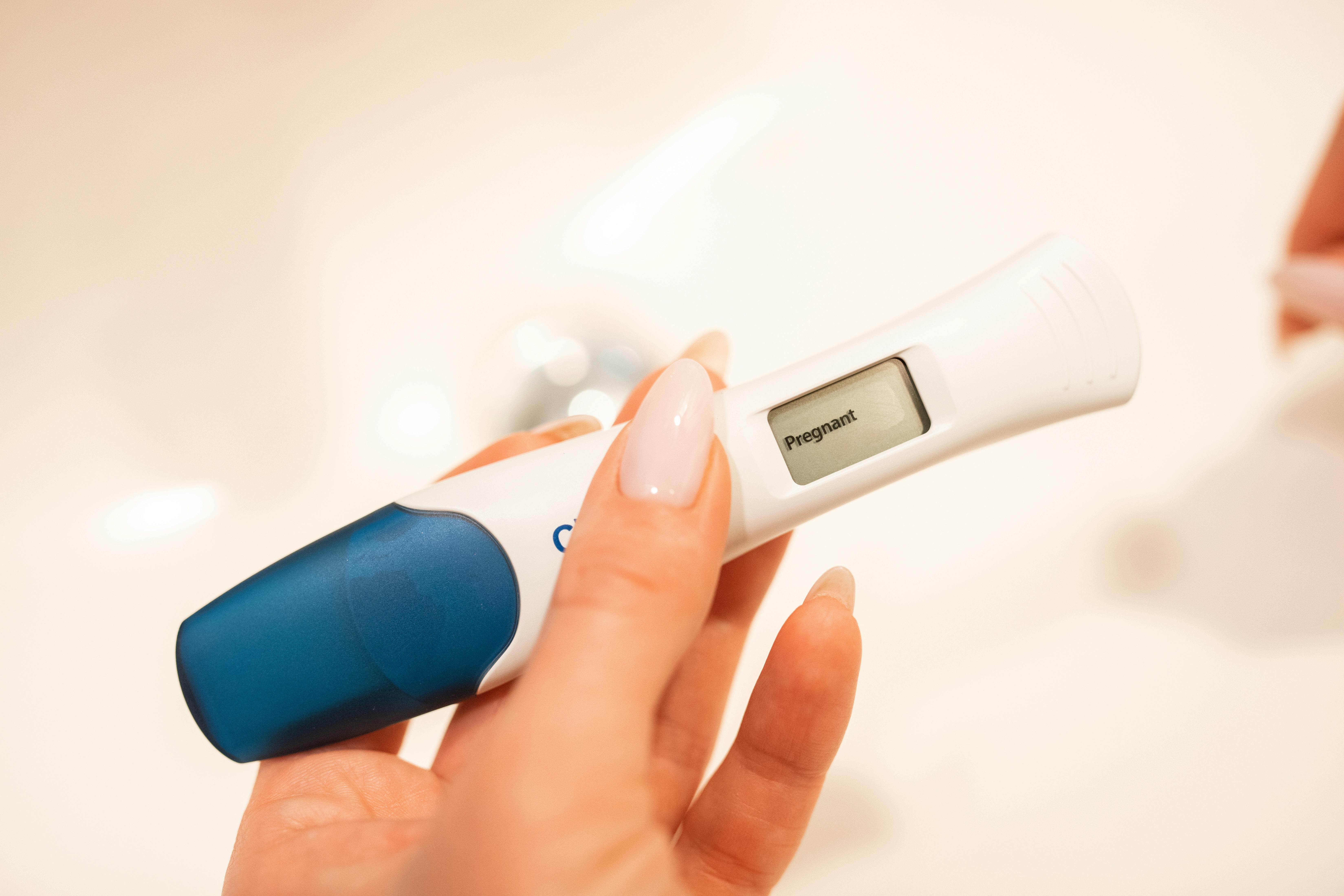





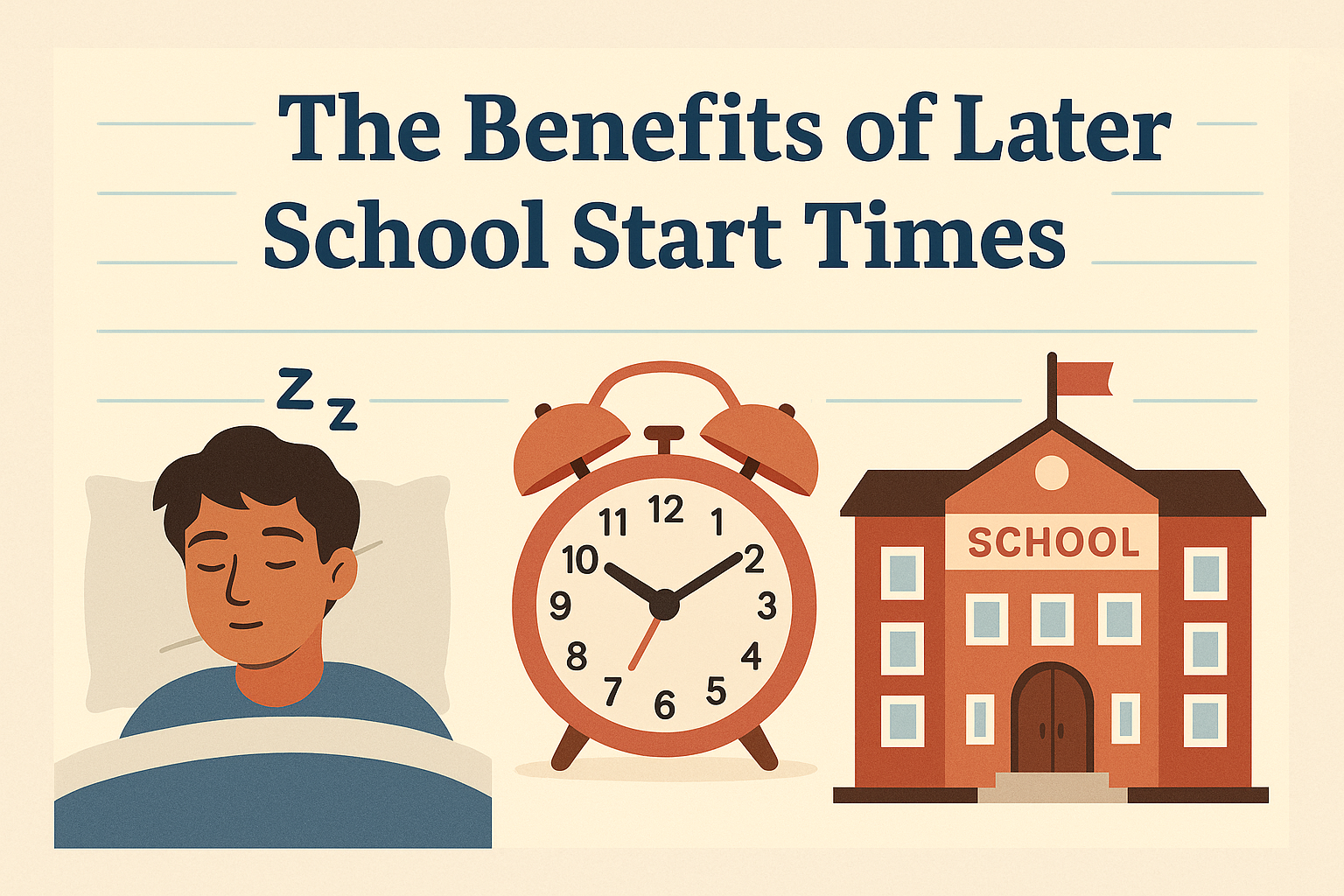

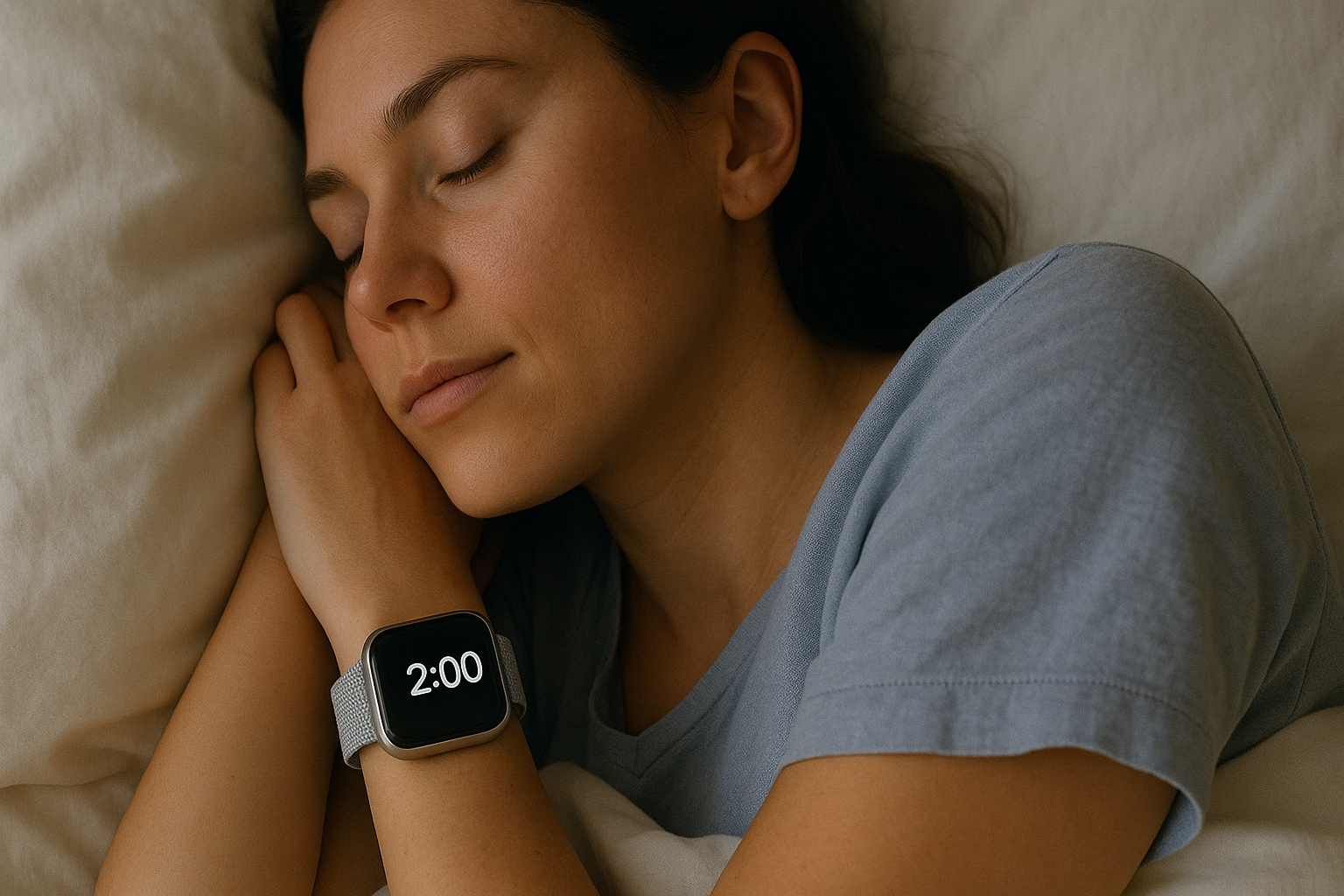


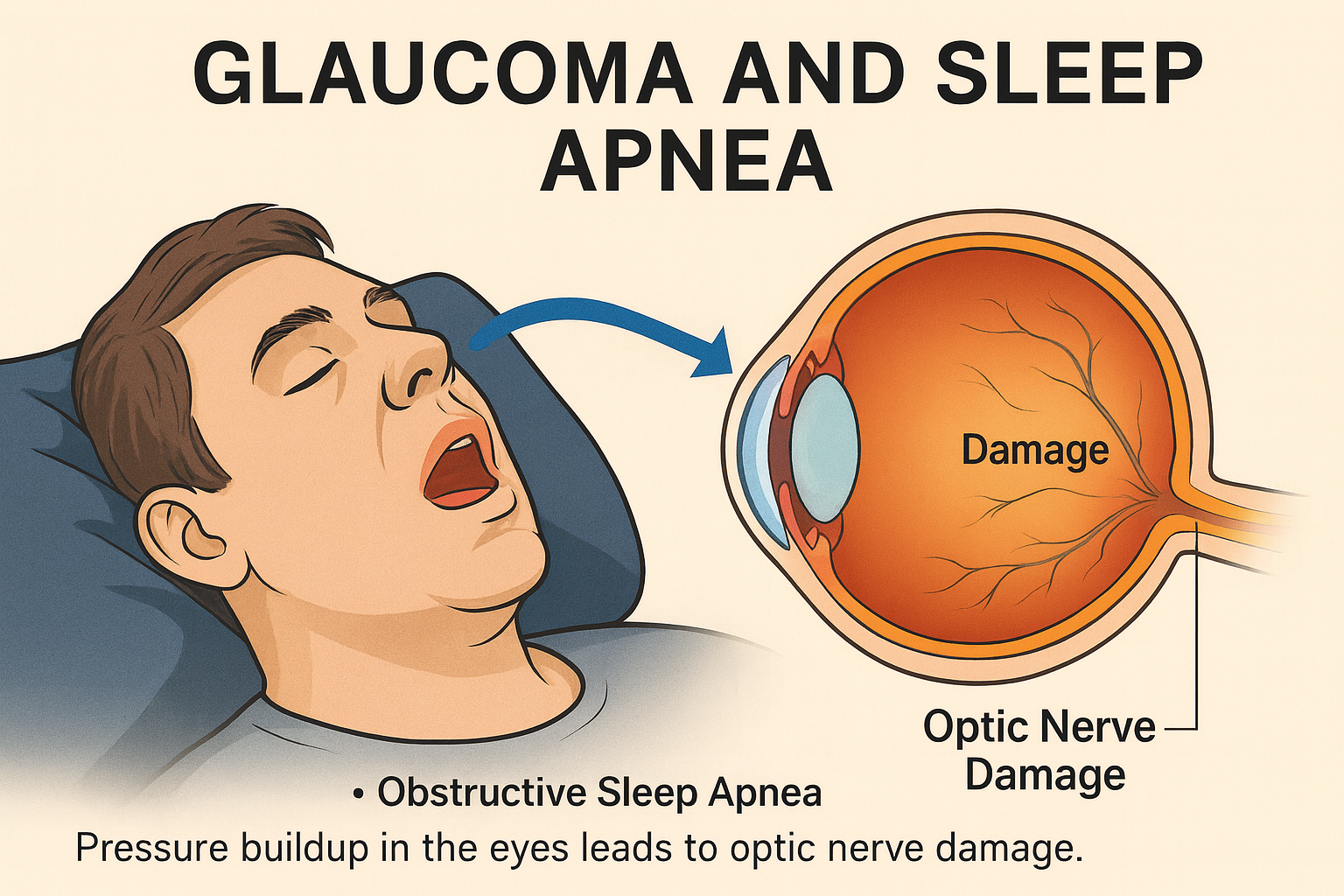

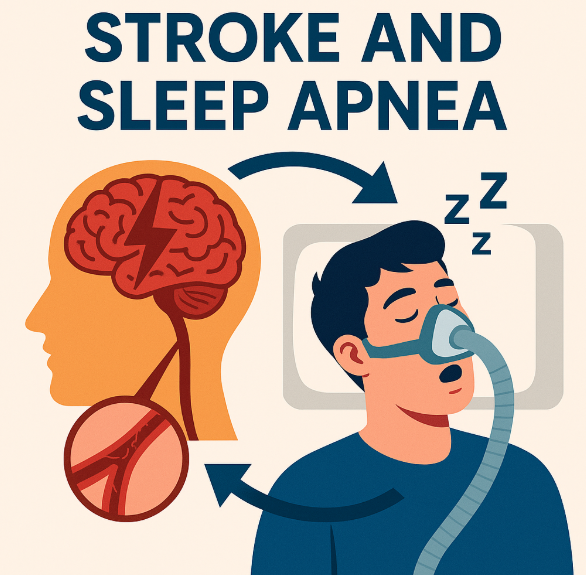
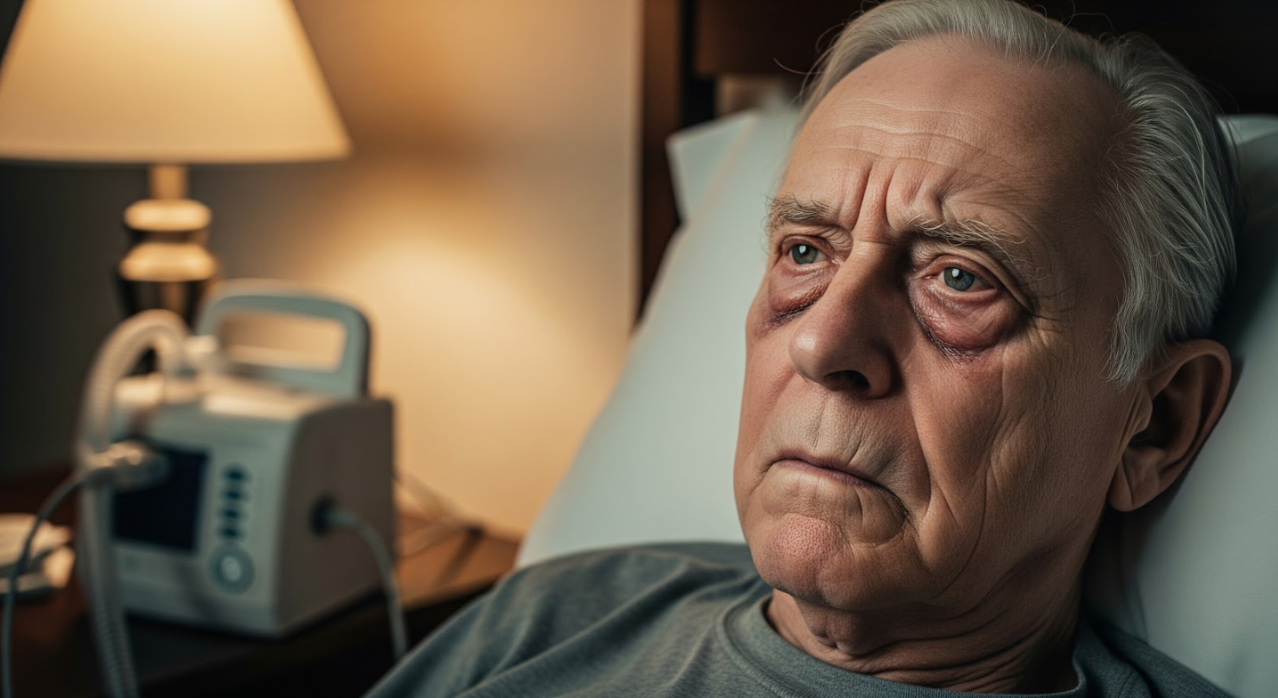
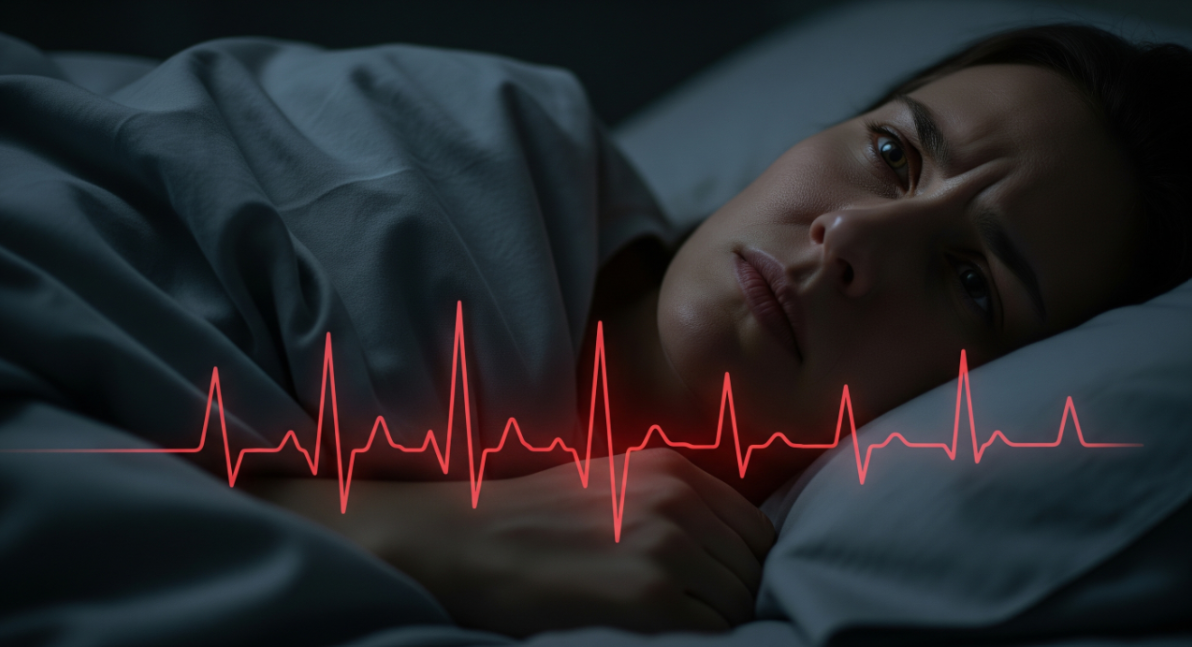






























































%20thumbnail.jpg)
.png)